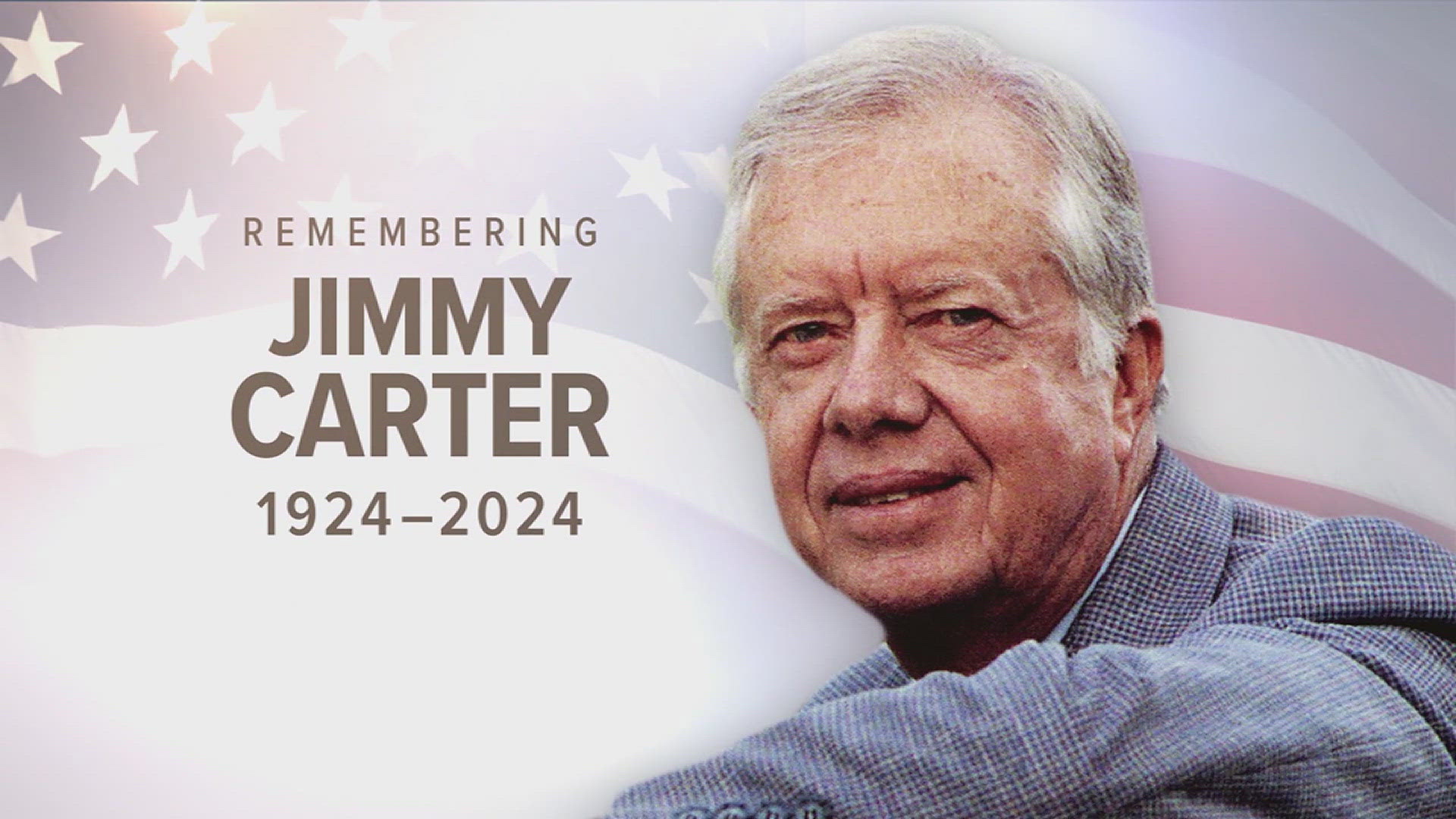(Akiit.com) “Our elevation must be the result of self –efforts and work of our own hands. No other human power can accomplish it. If we but determine it shall be so, it will be so.â€
Martin Delany 1852
Black History month provides an excellent opportunity for us to celebrate and reflect on Black Business History, particularly the accomplishments of past entrepreneurs who recognized the values of self – motivation and self-help.
It is important for our youth, American’s future entrepreneurs, to understand that African Americans have embraced the concept of entrepreneurship for centuries. Their success shaped the course of our nation’s history …and built a proud tradition for them to follow.
We need more than an annual reminder of the struggles and triumphs of our first entrepreneurs. Although confronted with chattel slavery, racism and discrimination, many of our ancestral entrepreneurs generated tremendous wealth in direct sales, banking, insurance and real estate. But, that’s just part of the story…
Hundreds of America’s forgotten black entrepreneurs used intelligence, business skills and personal wealth to revitalize segregated communities into enterprising endeavors that set the stage for future black economic development. One example of a business pioneer who adhered to this philosophy of economic empowerment was Charles Douglass.
Many of the business skills Charles Douglass demonstrated in adulthood were learned as a teenager working as a farm laborer, a carriage driver and eventually part owner in a bicycle shop. Between 1904 and 1940 Charles Douglass created jobs for many people through companies he owned in Macon, Georgia. Credited with helping the city enlarge its business life, he was an early supporter of community economic development and self- help among Blacks. An associate once said of him,†Mr. Douglass spends his money on people not hoard it in banks.â€
Banker William Pettiford encouraged thrift and the wise use of money. After becoming head of the Alabama Penny Loan and Saving Bank in 1899, Pettiford educated depositors in finance and executed loans to build homes and establish businesses. He often said it was his goal to “stimulate a wholesome desire among our people to become property owners and substantial citizens.â€
As the founder of North Carolina’s Mechanics Bank in 1902, John Mitchell counseled Blacks about money management and investment strategies. He also supervised the banking of many self-help fraternal groups and recommended ways to keep them solvent. In fact, due to the superior management of the bank, the majority of their customers survived the depression of the 1930’s.
In New York City, Phillip Payton attained an important economic role as a realtor in Harlem. In the 1920’s he and a group of other Blacks realtors prevented the eviction of black tenants because of bigoted landlords by purchasing several apartment buildings where they lived. Payton was hailed for using economic clout to defeat racism.
Another realtor who promoted self-help was a District of Columbia entrepreneur, John Whitelaw Lewis. When discrimination laws prevented Blacks from using hotels in the city, Lewis addressed the situation by building the Whitelaw Hotel in 1919. By taking initiative, Lewis turned the tables on bigotry, showing other Blacks how to use wealth and ingenuity to subvert racism.
These are just a few stories of Black entrepreneurs who strived to empower and enrich other citizens as well as themselves. In fact, helping others in the community to achieve some level of self-sufficiency was a very important part of their vision and business plan.
Share this article with young people so they WILL become part of our rich history.
Written By George E. Waters, Jr. & Aaron Bocage
Contact:
George Waters
EDTEC, Inc.
309 Market Street
Camden, New Jersey 08102
(800) 963-9361
Website: http://www.edtecinc.com









Leave a Reply